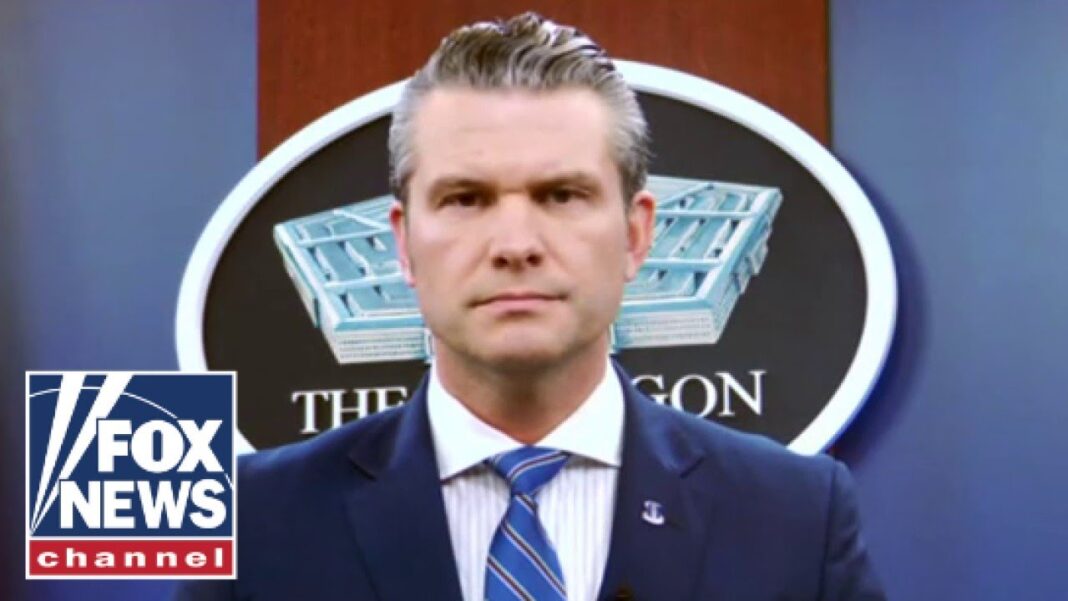For decades, the international community has clung to a failed paradigm in Gaza: attempting to build a so-called Palestinian state while ignoring the region’s deep-rooted dysfunction and radicalism. This approach has led only to endless cycles of war, terrorism, and suffering. It is time for a new, bold vision—one that prioritizes peace, security, and prosperity over empty diplomatic slogans.
President Donald Trump articulated such a vision last week during his press conference with Israeli Prime Minister Benjamin Netanyahu. When discussing Gaza and the Palestinian issue, Trump described an alternative path: encouraging Palestinian emigration and reshaping the region in a way that benefits all parties involved. His approach represents a long-overdue shift from failed assumptions to practical solutions.
Trump’s proposal suggests a new future for Gaza. In his remarks, Trump questioned why Palestinians should remain trapped in an endless cycle of conflict when they could seek better lives elsewhere. He framed this not as an expulsion, but as an opportunity—a voluntary departure for those who wish to pursue economic and personal freedom in other countries. “People can be moved,” Trump stated, adding, “There are many countries that would be happy to take them.”
This perspective shatters the outdated notion that Gaza’s people must remain locked in place, suffering under Hamas’s rule or living in perpetual instability. Instead, it recognizes that many Palestinians might prefer to build new lives in countries where they can thrive without the burden of terrorism, corruption, and war.
The long-held view of Gaza as an inalienable Palestinian state-in-waiting has failed for several reasons: First, Gaza has been under Hamas control for nearly two decades, turning it into a base for terror rather than a functioning society. Efforts to “rebuild” Gaza have only empowered terrorists, ensuring more rounds of war.
Second, despite billions in international aid, Gaza’s economy remains stagnant. Its leadership prioritizes war over development, leaving ordinary civilians in perpetual poverty.
Third, unlike nations that have accepted difficult compromises for peace, Hamas and much of Palestinian leadership reject Israel’s right to exist. No viable state can emerge from this mindset.
The Trump approach acknowledges these realities and shifts the conversation from futile state-building to practical solutions.
Of course, Trump’s plan has its detractors – mainly on the Left – and they argue that encouraging Palestinian emigration violates international law and is deemed ethnic cleansing, but this is simply untrue. There is no legal principle preventing people from choosing to leave a war-torn, poverty-stricken region for a better life elsewhere. In fact, international law protects the right to leave one’s country.
Numerous historical examples support this idea. Populations have relocated peacefully throughout history, from post-war Europe to modern refugee movements worldwide. The key is voluntary relocation—not forced displacement. If Palestinians are offered financial incentives, visa opportunities, and resettlement assistance, many may willingly choose a new future.
Implementing Trump’s vision means countries with labor shortages—such as Canada, Australia, and Gulf nations—could offer resettlement programs.
Nations interested in stability could fund voluntary emigration, much as Israel helped resettle Jews from hostile nations in the 20th century.
Arab states that have normalized ties with Israel, such as the UAE and Saudi Arabia, as well as Egypt and Jordan with which Israel has signed peace accords, could play a role in absorbing skilled Palestinian workers.
Trump’s vision represents a return to pragmatism. Instead of clinging to failed diplomatic dogma, this approach recognizes that not every population must remain locked in a political conflict forever. Just as Jewish and Arab populations have moved throughout history, so too can Palestinians seek better opportunities abroad.
It is time to replace the failed paradigm of Palestinian statehood with a realistic, forward-thinking solution—one that prioritizes security, prosperity, and genuine peace over empty rhetoric. Trump’s approach is the first step in that direction.







